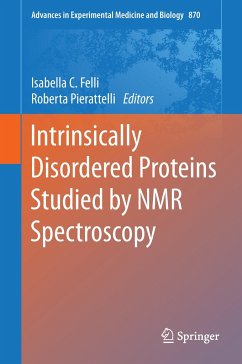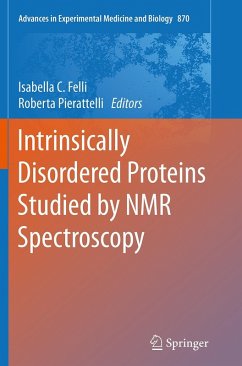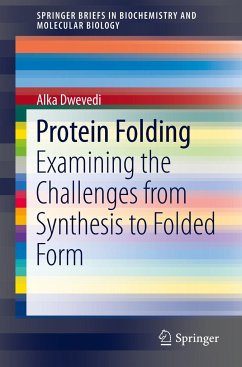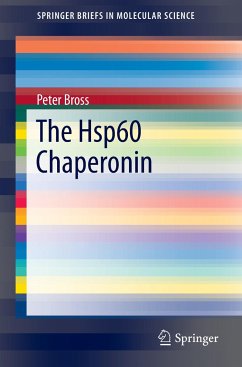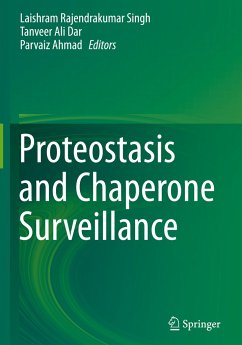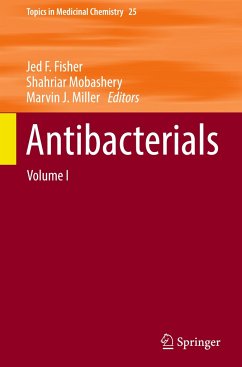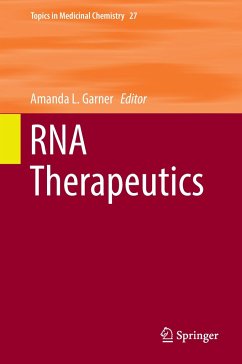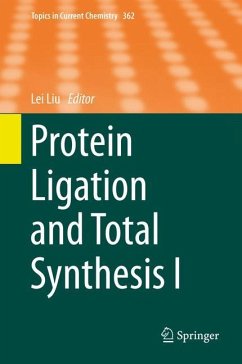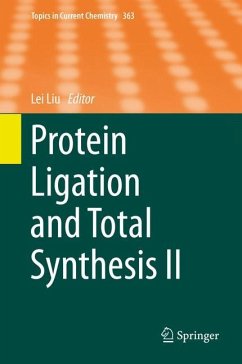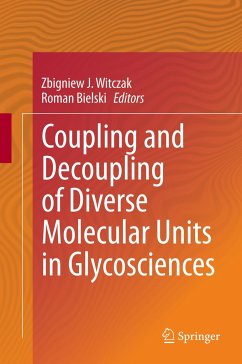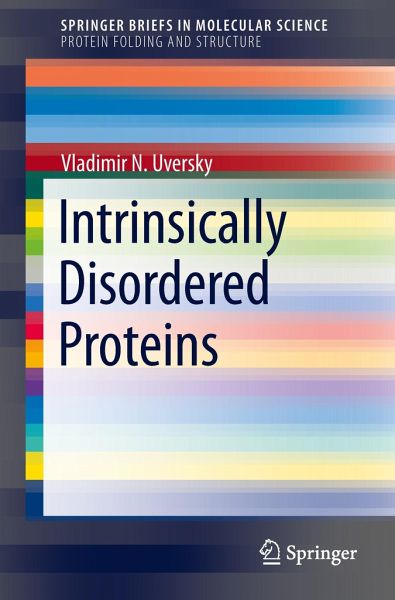
Intrinsically Disordered Proteins

PAYBACK Punkte
19 °P sammeln!
In this brief, Vladimir Uversky discusses the paradigm-shifting phenomenon of intrinsically disordered proteins (IDPs) and hybrid proteins containing ordered domains and functional IDP regions (IDPRs). Beginning with an introduction to the concept of protein intrinsic disorder, Uversky then goes on to describe the peculiar amino acid sequences of IDPs, their structural heterogeneity, typical functions and disorder-based binding modes. In the final sections, Uversky discusses IDPs in human diseases and as potential drug targets. This volume provides a snapshot to researchers entering the field ...
In this brief, Vladimir Uversky discusses the paradigm-shifting phenomenon of intrinsically disordered proteins (IDPs) and hybrid proteins containing ordered domains and functional IDP regions (IDPRs). Beginning with an introduction to the concept of protein intrinsic disorder, Uversky then goes on to describe the peculiar amino acid sequences of IDPs, their structural heterogeneity, typical functions and disorder-based binding modes. In the final sections, Uversky discusses IDPs in human diseases and as potential drug targets. This volume provides a snapshot to researchers entering the field as well as providing a current overview for more experienced scientists in related areas.



